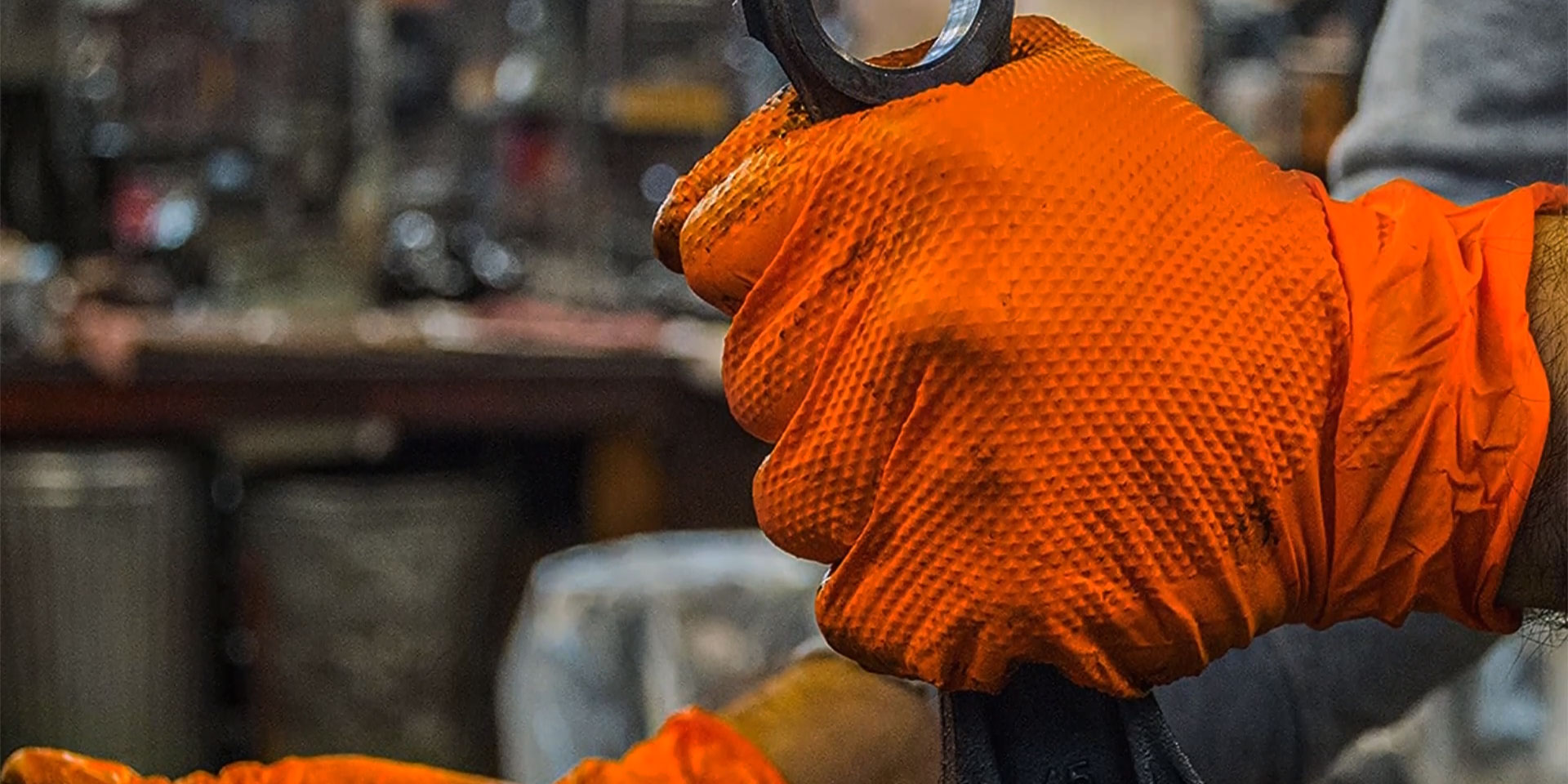When working with chemicals, you should always protect your face to avoid contact with the substance. Chemicals can cause irritation and burns to the skin, eyes, and mucous membranes.
Protection
Best Disposable Nitrile Gloves for Mechanics Review
Do you work as a mechanic and still use special cleansers to wash your hands after changing the engine oil or fixing the fuel delivery system? Using nitrile gloves during work is an optimum solution that allows you to forget about dirty hands and provides partial protection.
What Type Of Gloves Can Protect From Hazardous Chemicals?
Several types of gloves can protect against hazardous chemicals, including latex, nitrile, and vinyl gloves. However, each type of glove has its advantages and disadvantages, so it is essential to choose the right type of glove for the task at hand.
How Thick Should Mechanical Gloves Be?
Let’s begin, that mechanic gloves are essential pieces of safety gear, so mechanics often come across this question. They come in different thicknesses, so it’s essential to know how thick gloves you need to appropriately protect yourself.
What is The Difference Between Nitrile, Latex and Vinyl Mechanics Gloves?
Nitrile, latex, and vinyl are most commonly used kinds of household gloves. They range from light-duty tasks such as dishwashing or gardening to heavy-duty tasks such as painting or mechanics work.
What do nitrile gloves protect against?
Nitrile gloves are latex-free, and can be used for more types of chemicals than latex or rubber. Latex and rubber only protect against water based liquids; nitrile gloves protect against oil, gasoline, battery acid and more hazardous fluids!






